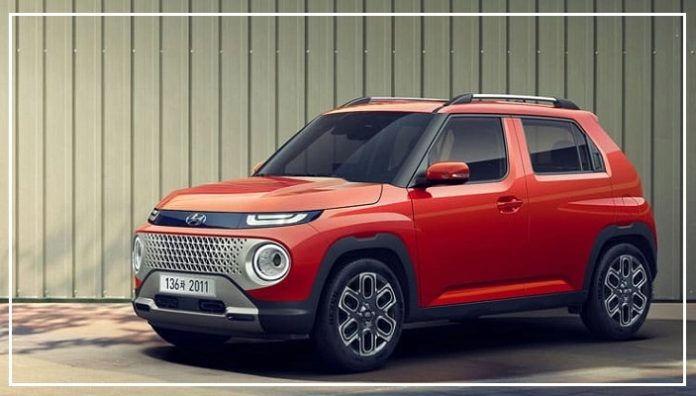When it comes to running costs, petrol, diesel, and electric cars each present their own financial implications.
Let’s delve into a comprehensive comparison to determine which option proves to be the most economical.
To illustrate this, we’ll use the example of the Tata Nexon, available in all three variants – petrol, diesel, and EV.
Mileage Cost Comparison:
Considering a daily commute of 50 kilometers, which amounts to 1,500 kilometers per month and 18,000 kilometers per year, here’s a breakdown for the Tata Nexon:
- Tata Nexon (Petrol): With petrol priced at Rs. 97 per liter and a claimed mileage of 17.33 kmpl, the running cost would be Rs. 5.6 per kilometer, totaling Rs. 1,00,800 in a year.
- Tata Nexon (Diesel): Diesel priced at Rs. 90 per liter and a claimed mileage of 23.22 kmpl results in a running cost of Rs. 3.9 per kilometer, totaling Rs. 70,200 in a year.
- Tata Nexon (EV): Assuming electricity costs Rs. 8 per unit, charging the base variant of Nexon EV will cost around Rs. 250.
- With a range of 312 km/charge, the running cost will be approximately 80 paise per kilometer, amounting to Rs. 14,400 in a year.
Based on the calculations, the electric car owner would save about Rs. 86,400 compared to a petrol car and approximately Rs. 56 compared to a diesel car in one year.
Starting Price Comparison:
Petrol cars are the most affordable among the three types, followed by diesel cars, while electric cars tend to be the most expensive.
For instance, the Tata Nexon (Petrol) is priced at Rs. 7.79 lakh, the Tata Nexon (Diesel) starts at Rs. 9.99 lakh, and the Tata Nexon (EV) starts at Rs. 14.49 lakh (Ex-showroom).
Thus, the EV is Rs. 6.50 lakh pricier than the petrol version and around Rs. 4 lakh more expensive than the diesel version.
Consequently, it would take approximately 7.5 years for an EV owner to break even compared to a petrol car and about 7 years compared to a diesel car.
However, it’s essential to consider that if the EV is sold before breaking even, the overall cost of running it might exceed that of petrol and diesel cars.
Additionally, the EV’s battery comes with an 8-year warranty, and replacing it after that would entail significant expenses, potentially amounting to lakhs of rupees.
